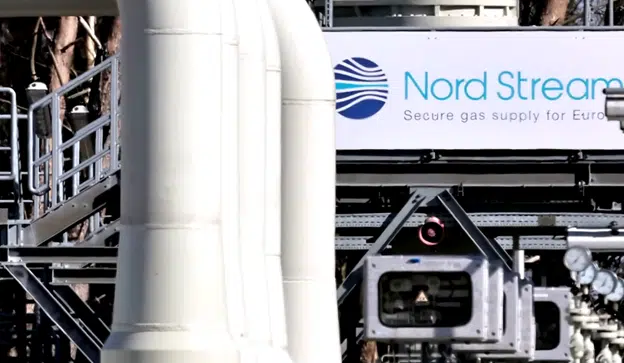As global oil prices somewhat ease as Europe’s economy overheats into recession, falling prices will eventually bring along another unfortunate aspect of the business cycle: the impact on labor markets. Inflation and unemployment are said to have an inverse relationship. When prices are generally rising, unemployment is usually falling, and when they start to fall, as in deflation, unemployment usually rises, the worst example being the 1930s and the Great Depression.
Right on schedule, the U.S. unemployment rate ticked up 0.2 percent to 3.7 percent in August, according to the Bureau of Labor Statistics, as oil eased off of more than $120 a barrel in March down to about $87 now. OPEC+ is scaling back production in preparation for lower demand that usually occurs in recessions. That is yet another recession signal.
The question of course, and seems impossible to predict, is just how bad the current recession will be. In Europe, unemployment is still generally dropping from its Covid highs. For example, in Italy, unemployment peaked in the third quarter of 2020 at 11.1 percent. Now, it’s down to 7.9 percent. As far as the business cycle goes, this indicates Europe is just hitting peak employment, even as financial news outlets are reporting recession amid Gross Domestic Product stagnation.
That means the misery to labor markets remains ahead of the world, mostly, likely dragging into 2023 and beyond before eventually, a bottom will be felt in the recession.
As for the whys of the recession in Europe, look no further than the natural gas crunch that has led to skyrocketing electricity and home heating prices. When the wider war in Ukraine began in February, Title Transfer Facility (TTF) in the Netherlands were already up to $25.72 per 1,000 cubic feet. Now, it’s up to $83.62, according to the U.S. Energy Information Administration (EIA).
Even in the U.S., which has abundant natural gas supplies, Henry Hub natural gas prices rose from $4.40 in February to more than $8 today, almost doubling.
It all hurts so much more because the push for this century has been to move away from coal electricity production and onto natural gas as a less-carbon intensive alternative. In 2007, coal-generated electricity made up 49 percent of the total U.S. grid, while natural gas was just 21 percent, according to the Energy Information Administration. In 2021, natural gas now makes up 38.3 percent of the grid, and coal is down to 21 percent.
In fact, the U.S. is not producing a single kilowatt hour (kWh) more than it was 15 years ago despite rising demand and the U.S. population growing by 30 million to more than 331 million from 2007 to 2021. Instead, overall electricity generation in the U.S. has dropped from 4.005 trillion kWh in 2007 to 3.96 trillion kWh in 2021.
In Europe, the situation is far more dire. In 2020, the European Union imported 9.1 trillion cubic feet of natural gas, according to Eurostat. And about 41 percent Europe’s imports come from Russia, or about 3.73 trillion cubic feet a year, 24 percent from Norway at 2.2 trillion cubic feet and 11 percent from Algeria at 1 trillion.
The Nord Stream 2 was built from 2018 and finished construction in Sept. 2021 at a cost of $11 billion, and would have doubled the old pipeline’s distribution of 1.9 trillion cubic feet a year to 3.9 trillion cubic feet a year. Instead, because of the war, Russia has ended output through Nord Stream 1 and Nord Stream 2 has been cancelled. Before the war, Germany purchased about 55 percent of its natural gas from Russia.
Now, winter in Europe is rapidly approaching when homes particularly in northern Europe will need gas the most to keep their homes warm and one hopes the weather itself will be a mercifully temperate. As recession looms, the only thing overheating right now are prices. Unemployment will surely follow. Stay tuned.
Robert Romano is the Vice President of Public Policy at Americans for Limited Government Foundation.







